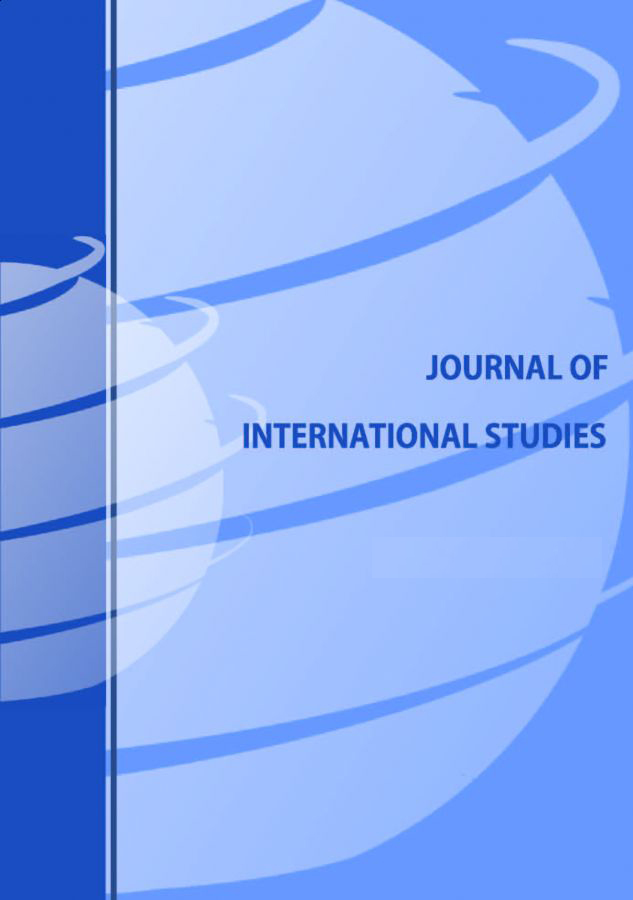Applicability of theory of constraint in predicting Ghanaian SMEs investment decisions
Applicability of theory of constraint in predicting Ghanaian SMEs investment decisions
Author(s): Michael Karikari Appiah, Bayu Taufiq Possumah, Nizam Ahmat, Nur Azura SanusiSubject(s): Micro-Economics, Energy and Environmental Studies, Financial Markets
Published by: Fundacja Centrum Badań Socjologicznych
Keywords: Ghanaian SMEs; Logit model; oil and gas; perceived investment constraint;
Summary/Abstract: This study investigated dimensions of SME’s constraints and decisions to Invest in the Ghanaian Oil and Gas Sector. Using a binominal regression model we analyzed primary data from 497 local SMEs. The study found that SMEs with inadequate capital, had high level of competition, had high corruption perception, lacked policy awareness, lacked adequate external credit facilities, had inadequate information, lacked managerial capabilities, lacked technological capabilities were less likely to invest in the Ghanaian oil and gas sector. Per contra, inadequate human resources capabilities, inadequate entrepreneur characteristics exerted no significant influence on SMEs decisions to invest in the Ghanaian oil and gas sector. This study has implications on oil and gas policies, investment decisions and future research. Particularly Ghanaian government is required to expedite and enforced the Local Participation in Petroleum Activities Policy under the Petroleum Regulations. This study could be replicated within other emerging economies using different models.
Journal: Journal of International Studies
- Issue Year: 11/2018
- Issue No: 2
- Page Range: 202-221
- Page Count: 20
- Language: English

